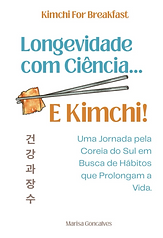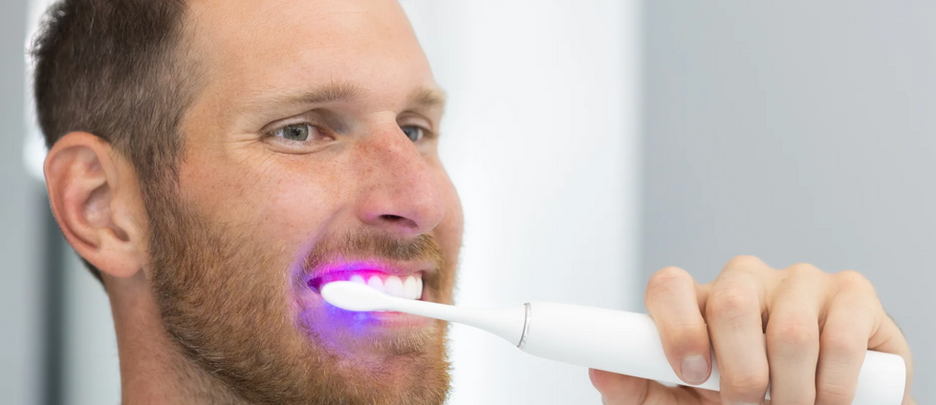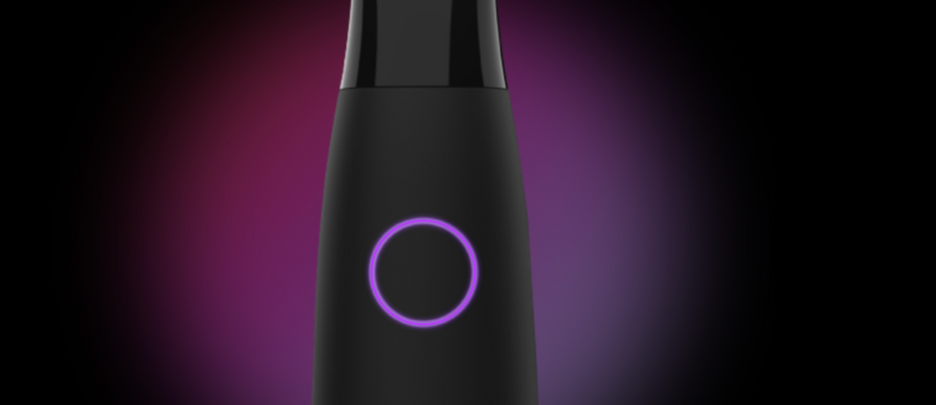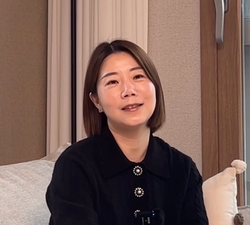

Why kimchi for
breakfast
No, I’m not here to force-feed you spicy cabbage at sunrise (unless you’re into that). But I am here to help you fight back—against sugar, cravings, and the processed food industry that’s profiting from our exhaustion.
I'm Marisa — Health Coach, former Radiology Specialist, and full-time truth-teller about what’s making us sick.
After 15 years in clinical healthcare, I’ve seen how sugar and ultra-processed foods quietly fuel today’s most devastating diseases—Alzheimer’s, PCOS, Diabetes, Hypertension, Infertility and more.
And it’s not just about food—it’s about freedom. The freedom to think clearly, feel stable, move with energy, and age with dignity.
The research is clear: insulin resistance is reversible—but the food industry won’t fix it for you. We have to do it ourselves, with real food, real habits, and a little rebellion.
Kimchi for Breakfast isn’t a recipe site. It’s a movement.
It’s for people who are tired of being tired, sick of being tricked, and ready to feel human again.
➡️ Follow along. Your body knows the way back—you just need to give it a fighting chance.

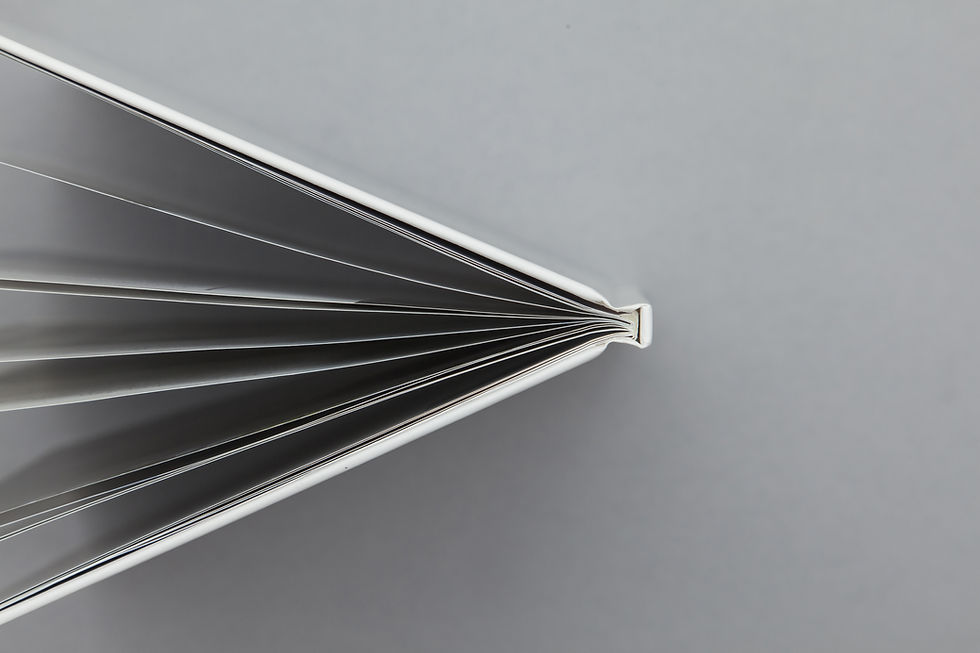
The Book
Portuguese and English
We’re excited to announce that
Kimchi for Breakfast
is now available
for purchase on Amazon!
This book explores the intersection
of smart aging, health innovation, and
mindset transformation.
Whether you're looking to optimize your lifestyle,
take control of your longevity, or simply
feel more energized and aligned,
Kimchi for Breakfast offers actionable insights,
science-backed strategies, and fresh inspiration
to help you thrive.
👉 Grab your copy now on Amazon
and start your journey toward
a longer, stronger, and smarter life.
What Your Handwriting Says About Your Health: The Power of AI in Early Detection
In a world where we constantly seek smarter ways to monitor our health, there’s one powerful yet often overlooked tool: handwriting.
Today, we live in an era where we rarely handwrite. We type more than ever before, on smartphones, computers, and tablets. From quick notes to professional correspondence, the art of putting pen to paper has significantly diminished in favor of faster, more efficient typing. However, despite the decline of handwriting in our daily lives, it turns out that handwriting can be extremely useful for analyzing our health — and even offer early insights into degenerative diseases.
 |
|---|
This section is independently curated and contains no sponsored content or advertisements.
INNOVATIONS hub
Did you miss last week's solutions for smart aging?
You can find the solutions from past weeks presented in the weekly gallery.

For decades, we’ve been told the brain runs on sugar. In classrooms and offices, we instinctively reach for sweets — not just out of habit, but under the impression that they help us think. It’s a common belief: the sharper the demand for focus or memory, the more the brain needs sugar. But that’s not just an oversimplification — it’s scientifically outdated.
The Podcast
Focusing on slowing the aging process goes beyond just the latest innovations and cutting-edge technology.
Research studies have shown that strong cultural experiences, social connections and a sense of community play a vital role in mental and emotional well-being as we age.
Join the Club
Join our email list and get access to specials deals exclusive to our subscribers.

